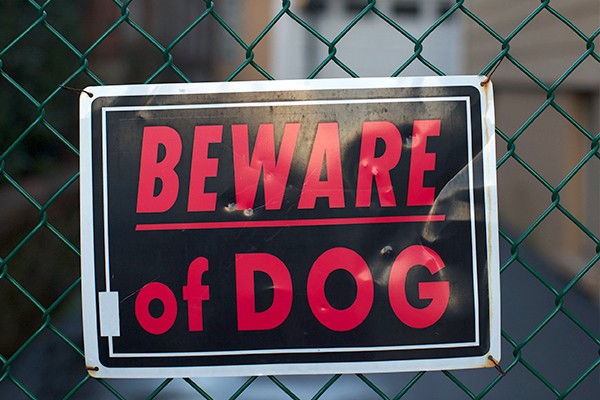
Severely Injured by a Dog Bite? Contact a Dog Bite Lawyer
While we all adore our family pets and living in an animal-friendly city, animal attacks can happen. A dog attack or negative animal encounter can be swift, scary, and traumatic, especially if children are involved.
Hiring a dog bite lawyer in Minneapolis is the best way to receive fair compensation for an animal injury. Our team will pursue every dollar you deserve to cover medical expenses, wage loss, compensation for scarring, and more. Being injured by a dog bite is hard enough - allow our dog bite attorneys to handle the details of the legal process so you can focus on your recovery and healing.
Five Steps to Take if You are Bitten by a Dog:
- Get the name and phone number of the person who owns the dog (or other animal).
- Perform first-aid and request professional medical attention immediately.
- Call the police and animal control to report the animal attack injury.
- Get the owner's homeowner's or renter's insurance information and proof of the animal's vaccinations.
- Photograph the injury at the various stages of healing and the setting where the bite occurred.
- Call an experienced Minneapolis dog bite lawyer as soon as possible to learn about your rights and next steps.
You May Be Entitled To:
If you have been injured by a dog bite or another animal injury, reach out to a dog bite attorney immediately. You may be entitled to compensation for:
- Coverage of medical bills
- Future medical expenses
- Wage loss or loss of future earning capacity
- Pain and suffering
- Scarring
How Our Dog Bite Injuries Lawyers Can Help
Our team works quickly to secure you compensation. Our experienced dog bite lawyers know how to get you the compensation you are entitled to.
- We listen – Our personal attention uncovers key details others miss.
- We are tough – We adamantly pursue justice and aren't afraid to take on big insurance companies.
- We are experienced and trusted – We have 40+ years of combined legal experience representing dog bite victims.
- We use a team approach – We collaborate to strategize a winning solution.
- We are accessible – Your attorney is always easy to reach and you get a level of personal attention from your lawyer that most firms cannot match.
Frequently Asked Questions

What should I do immediately following an animal attack?

Can I get immediate coverage for the cost of my medical treatment, missed work, and other expenses?

Who will compensate me for my damages?

Will I be compensated for the damage to or loss of my own animal?








